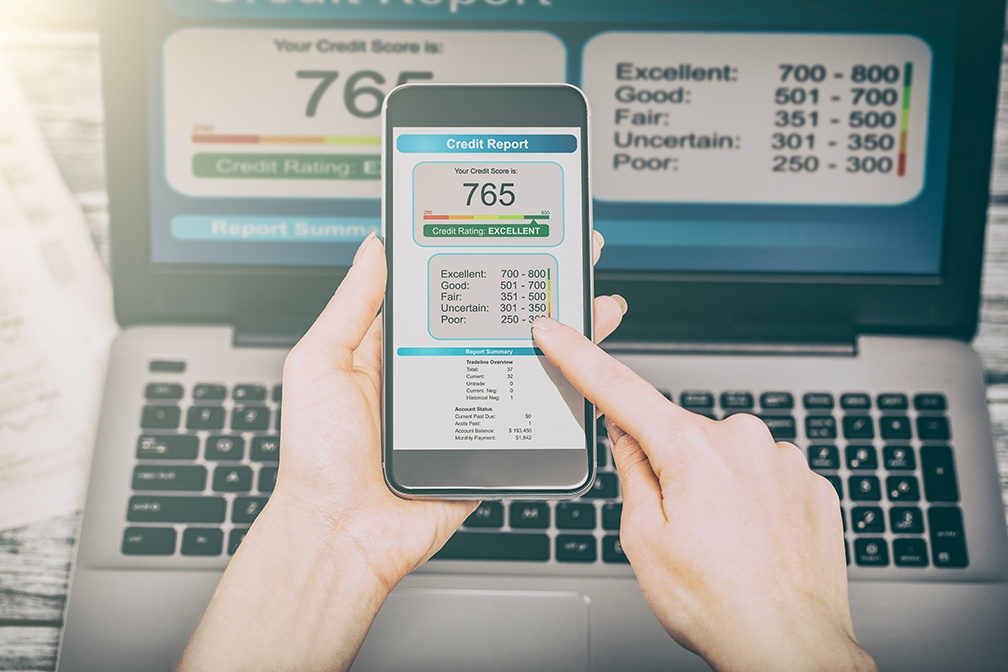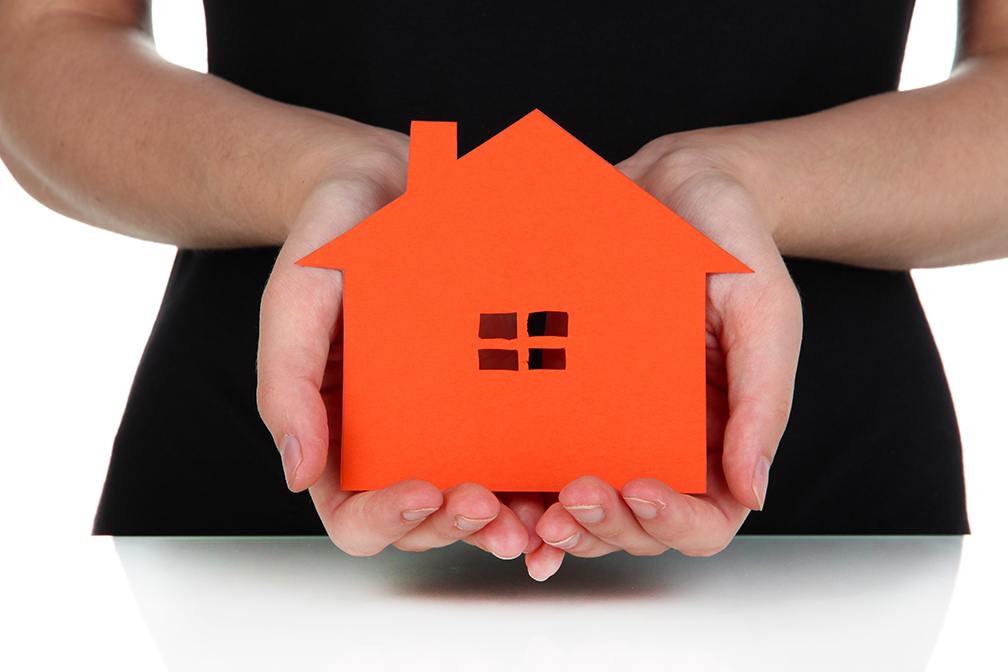Down Payments 101: Is It Worth It to Put More Than 20 Percent Down?
 Are you thinking of buying a new home this spring or summer? If so, you’re not alone. Many thousands of individuals and families alike will become homeowners this year. Whether you’re a first-time buyer or a seasoned veteran of the housing market, you probably know there are significant choices to make. One of the big decisions you will have to ponder is how much you want to invest in your down payment.
Are you thinking of buying a new home this spring or summer? If so, you’re not alone. Many thousands of individuals and families alike will become homeowners this year. Whether you’re a first-time buyer or a seasoned veteran of the housing market, you probably know there are significant choices to make. One of the big decisions you will have to ponder is how much you want to invest in your down payment.
With that in mind, let’s try to answer the question of whether or not it is worth it to put more than 20 percent of the home’s price in your down payment.
Ask Yourself: How Liquid Are You?
Before you can decide how much to put down, you first need to determine how liquid your finances are. That is, how much cash do you have access to? For example, if you are considering a $300,000 home, a 20 percent down payment is $60,000. If you have more than $60,000, fantastic. However, if you have less than that, you might have to do a bit of work to save up the remainder.
Even if you do have enough available cash now, you won’t have access to it once you take possession of the home. It is important to leave yourself with some cash in case of emergencies or for other uses.
Higher Down Payment, Lower Interest Rate
If you do choose to invest more than 20 percent in your down payment, it’s possible that you will gain access to a lower interest rate for your mortgage. Many lenders look favorably on homebuyers that are investing more of their own money and borrowing less. Be sure to check with your mortgage advisor to find out if you qualify for lower rates.
Lower Monthly Payments Await
Finally, choosing a down payment higher than 20 percent means that you will have lower monthly mortgage payments in the future. You are borrowing less so you will owe less. This can provide a nice boost to your monthly budget moving forward as you will have more free cash flow each month.
Try to keep in mind that there is no perfect answer to the question of how big your down payment should be. Choosing the best course of action means taking a good, long look at your current financial situation and deciding what your goals are. When you’re ready to discuss buying a new home contact us. Our professional mortgage team is happy to share our experience!

 Whether you’re tired of renting, need more space or want to make an upgrade, buying your first home is the solution. However, if you have never participated in the market before it can be a bit daunting at first. Let’s explore a few useful tips that are helpful for first-time homebuyers who are new to the process of buying real estate.
Whether you’re tired of renting, need more space or want to make an upgrade, buying your first home is the solution. However, if you have never participated in the market before it can be a bit daunting at first. Let’s explore a few useful tips that are helpful for first-time homebuyers who are new to the process of buying real estate. Whether you’re just out of college, recently married or simply haven’t jumped into the market yet, buying your first home is an exciting prospect. It can also be an expensive one, which is why most people will take out a mortgage to help finance the cost.
Whether you’re just out of college, recently married or simply haven’t jumped into the market yet, buying your first home is an exciting prospect. It can also be an expensive one, which is why most people will take out a mortgage to help finance the cost. Are you thinking about buying a house, apartment or condo? In many markets across the country, there’s never been a better time than now to become a homeowner. In this post, we’ll share a few reasons why the conditions are right to jump into the market and buy a new home.
Are you thinking about buying a house, apartment or condo? In many markets across the country, there’s never been a better time than now to become a homeowner. In this post, we’ll share a few reasons why the conditions are right to jump into the market and buy a new home. At some point in their lives, every renter thinks about home ownership and whether or not it’s worth it. Let’s explore the top 5 reasons why young individuals prefer the idea of owning a home over renting.
At some point in their lives, every renter thinks about home ownership and whether or not it’s worth it. Let’s explore the top 5 reasons why young individuals prefer the idea of owning a home over renting.